September 18, 2020: Covid Detecting Doggos, Now Banished to the Wayback Machine soon to be lost forever
🤷🏻♀️Why would Newsweek Spook Media and Finland scrub this story?
Covid-19 dogs arrive at the airport – able to identify the virus earlier than laboratory tests
Article published
18.9.2020 at 10:46
Finavia welcomes covid-19 dogs to Helsinki Airport. The company is pleased with the city of Vantaa’s efforts to test new and efficient ways to reduce the spread of the covid-19 pandemic.
Covid-19 dogs will soon start working at Helsinki Airport. The dogs’ sensitive noses are expected to speed up the process of identifying those infected with covid-19. The city of Vantaa believes that the dogs will be an efficient method of ensuring health and safety at airports.
“The pilot that will be kicked off on Tuesday. We are among the pioneers. As far as we know no other airport has attempted to use canine scent detection on such a large scale against covid-19. We are pleased with the city of Vantaa’s initiative. This might be an additional step forward on the way to beating covid-19,” says Airport Director Ulla Lettijeff from Finavia.
Detecting covid-19 is easy for dogs and results have been encouraging. According to preliminary tests conducted by a research group at the Veterinary Faculty of the University of Helsinki, dogs are able to smell the virus with almost 100% certainty. They can also identify the virus days before the symptoms have even started. This is something that laboratory tests fail to do.
Dogs are also able to identify covid-19 from a much smaller sample than the PCR tests used by health care professionals. The difference is massive, as a dog only needs 10-100 molecules to identify the virus, whereas test equipment requires 18,000,000.
The Helsinki Airport covid-19 dogs are trained by Wise Nose. Nose Academy, the research group’s start-up company, is running the operation at the airport. In the future, customs dogs might replace the current operatives. Official covid-19 testing with trained dogs can only begin once a corresponding legislative amendment has been passed.
“We are working with Finnish Customs to prepare for a potential scenario where it takes charge of the operation,” says Susanna Paavilainen, CEO of Suomen hajuerottelu - WiseNose Ry, University of Helsinki’s DogRisk research group.
Taking a covid-19 dog test at Helsinki Airport will not include direct contact with the dog. Instead, the dog will perform its work in a separate booth. Those taking the test will swipe their skin with a test wipe and drop it into a cup, which is then given to the dog. This also protects the dog’s handler from infections. All the tests are processed anonymously.
If the test result is positive, the passenger will be directed to a health information point maintained by the city of Vantaa, which is located at the airport.
In the future, four dogs will work at the airport during a shift. The duration of each shift depends on the dogs. A total of 10 are being trained for the job.
“Dogs need to rest from time to time. While two dogs are working, the other two are on a break. The service is mainly intended for passengers arriving from outside the country,” Paavilainen says.
Almost all of the dogs have done scent detection before. How long it takes to learn to identify covid-19 depends on the dog’s background. One of the dogs that will soon work at Helsinki Airport is an 8-year-old greyhound mix called Kössi, who learned to identify the scent in just seven minutes.
“Not all dogs can do it as they operate in different ways. Kössi has a lot of experience from identifying biological samples.”
Text has been edited 22.9.20: Number of dogs has changed from 16 to 10.
Tests will be conducted on arriving passengers, particularly those from abroad, and are conducted on a voluntary basis. Subjects don't have direct contact with the dogs, but instead use a wipe on the skin of their neck, which is brought to the dog in a separate booth. Whether the dog indicates a positive detection of COVID or not, a subsequent polymerase chain reaction test—the standard nose swab—is offered free to arriving travelers for comparative data.
Helsinki Airport introduced the COVID detection plan in a Saturday tweet, featuring a photo of a dog capable of detecting the coronavirus.
Regardless of whether they test positive, they will be urged to take a standard polymerase chain reaction (PCR) coronavirus test, so that researchers can monitor the dogs' accuracy. All tests are free for travelers arriving at the airport.
International researchers have evaluated the use of dogs in detecting COVID-19, but according to The Washington Post the Finnish airport trial is among the largest and most advanced efforts yet.
More Than 90% of Americans Still Susceptible to COVID, CDC Director Warns
Read more
More Than 90% of Americans Still Susceptible to COVID, CDC Director Warns
In the first stage of the Finnish trial, trained dogs were able to detect the virus in asymptomatic carriers and more quickly after initial infection than the standard PCR test. A total of ten dogs are expected to be deployed at the Helskini Airport by November.
Finland's canine COVID detection program follows similar efforts launched at the Dubai International Airport in the United Arab Emirates in August, which began randomly screening a tenth of arriving passengers with a swab of armpit sweat. Initial data suggests the dogs are as much as 94.5 percent accurate in detecting the coronavirus.
Other research into using canines for COVID detection include a study at the London School of Hygiene and Tropical Medicine; police and firefighter dog training in France; and a nine dog trial at the University of Pennsylvania, which successfully trained a dog to detect coronavirus-positive urine.
Previous research has demonstrated dogs can detect cancer, diabetes, bacterial diseases and viruses. Dogs trained to detect COVID aren't smelling the virus directly, but instead learning to recognize and indicate a specific profile of volatile organic compounds released in cell deaths and other physiological reactions caused by the virus. While advances have been made in artificial "noses," a dog's sense of smell is so sensitive that their abilities are hard to measure.
Should the Helsinki Airport dogs prove a viable method of accurately sniffing out the coronavirus, there are still hurdles to widespread adoption of canine detectors, particularly the investment in training required. But some veterinary researchers are hopeful that training techniques developed and data gathered in coronavirus programs may provide a pathway for more comprehensive use of canines in disease detection going forward.
"To me, it's a world project," Professor Dominique Grandjean, of the national veterinary school of Alfort in France, told The Washington Post. "Once COVID is over, then there will be other viruses."
related:
KNOW HOW PEOPLE RESPOND - MAKING THEM DO WHAT YOU WANT
Somewhere in the presentation he made two statements that I want to insert at this time. I don't remember just where they were made, but they're valid in terms of the general overall view.
One statement: "People can carry in their minds and act upon two contradictory ideas at one time, provided that these two contradictory ideas are kept far enough apart."
And the other statement is, "You can know pretty well how rational people are going to respond to certain circumstances or to certain information that they encounter. So, to determine the response you want you need only control the kind of data or information that they're presented or the kinds of circumstance that they're in; and being rational people they'll do what you want them to do. They may not fully understand what they're doing or why."
FALSIFIED SCIENTIFIC RESEARCH
Somewhere in this connection, then, was the statement admitting that some scientific research data could be - and indeed has been - falsified in order to bring about desired results. And here was said, "People don't ask the right questions. Some people are too trusting."
Now this was an interesting statement because the speaker and the audience all being doctors of medicine and supposedly very objectively, dispassionately scientific and science being the be all and end-all ... well to falsify scientific research data in that setting is like blasphemy in the church ... you just don't do that.
Anyhow, out of all of this was to come the New International Governing Body, probably to come through the U.N . and with a World Court, but not necessarily through those structures. It could be brought about in other ways. Acceptance of the U.N . at that time was seen as not being as wide as was hoped. Efforts would continue to give the United Nations increasing importance. People would be more and more used to the idea of relinquishing some national sovereignty.



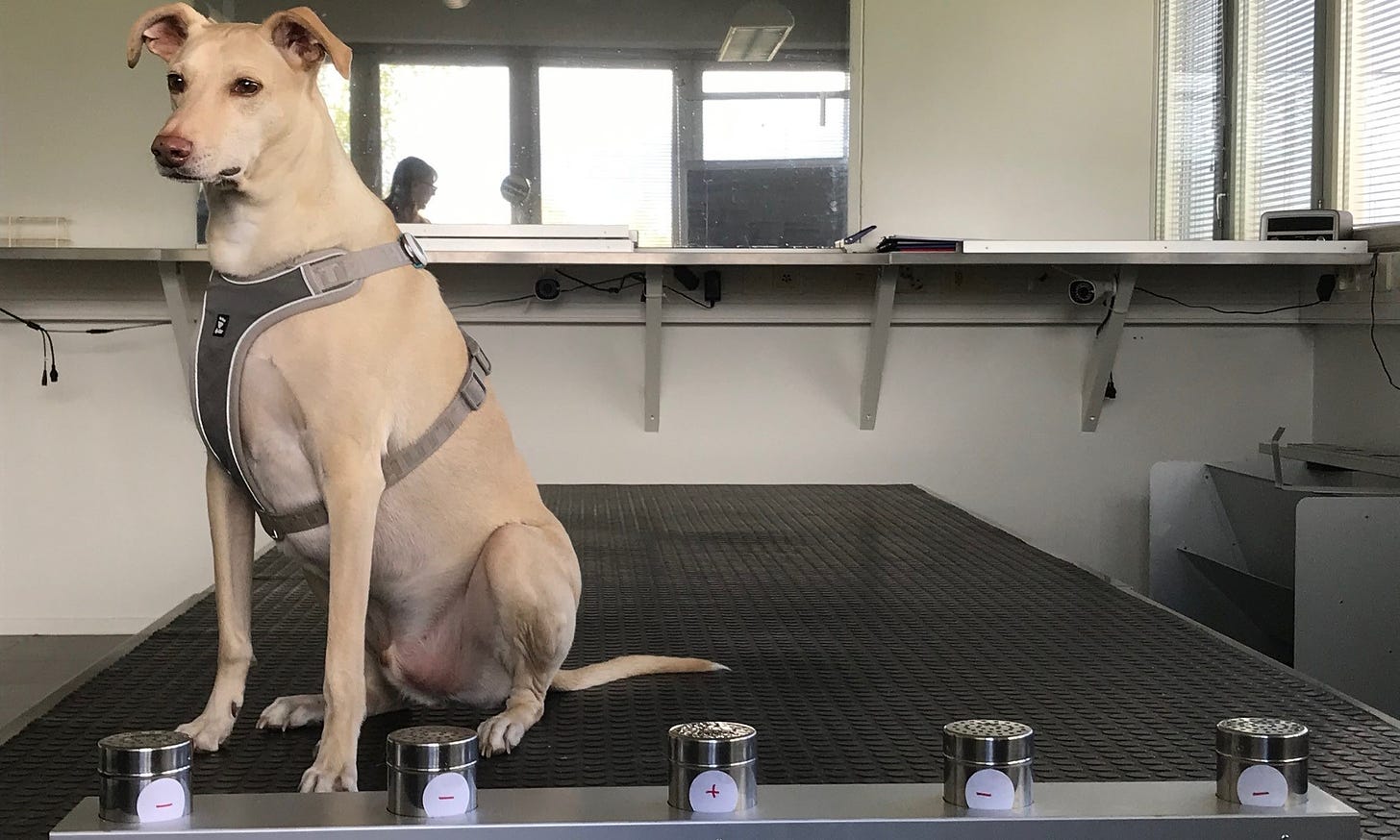

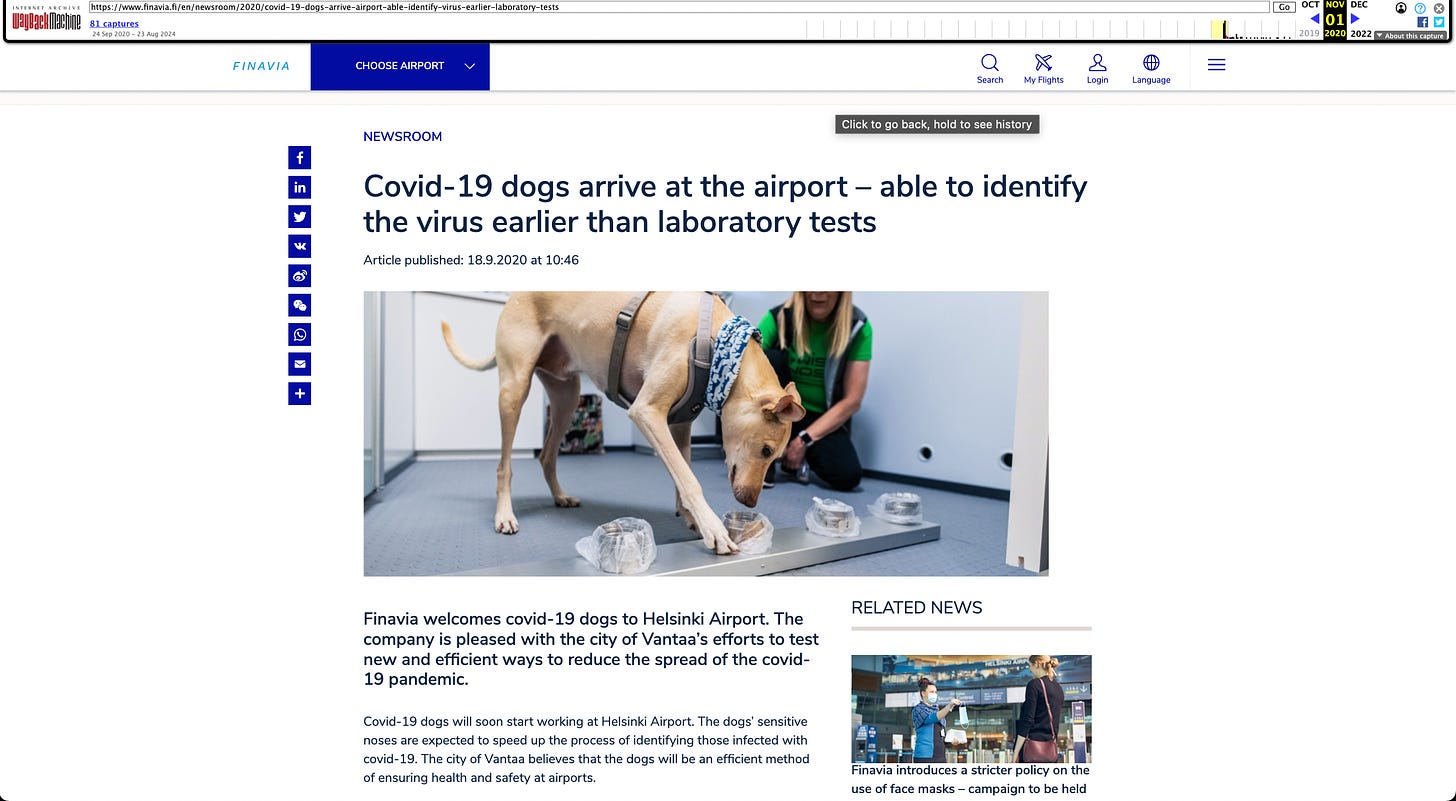
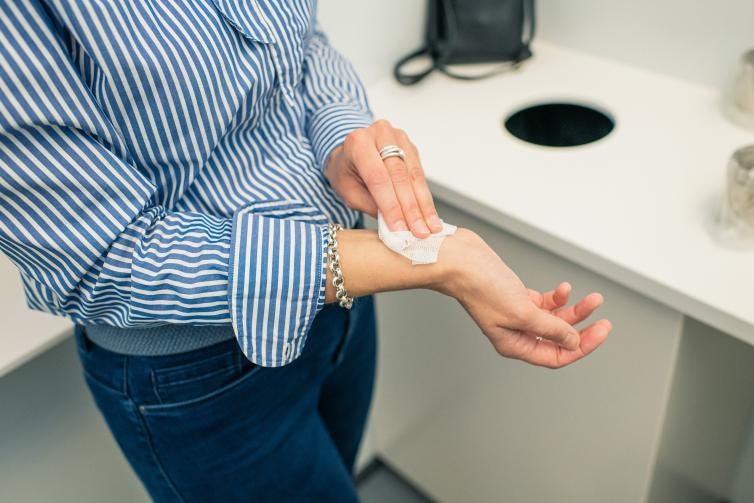
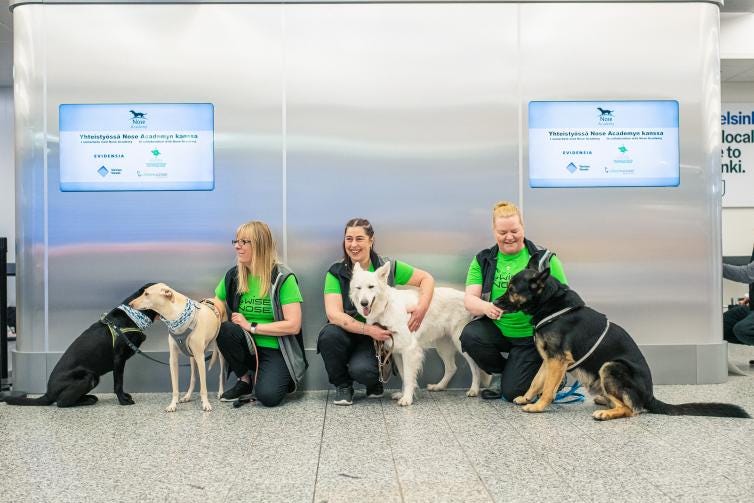
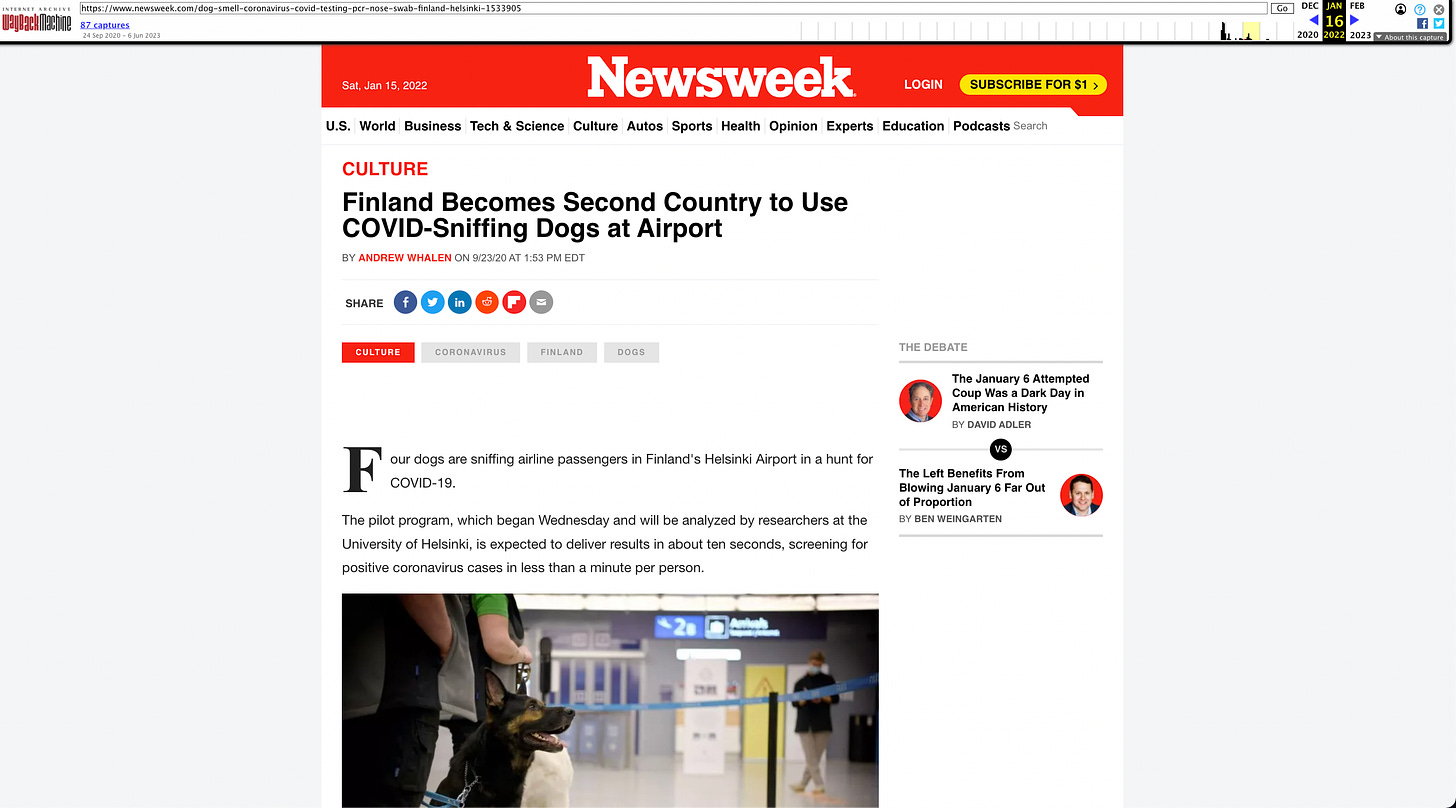
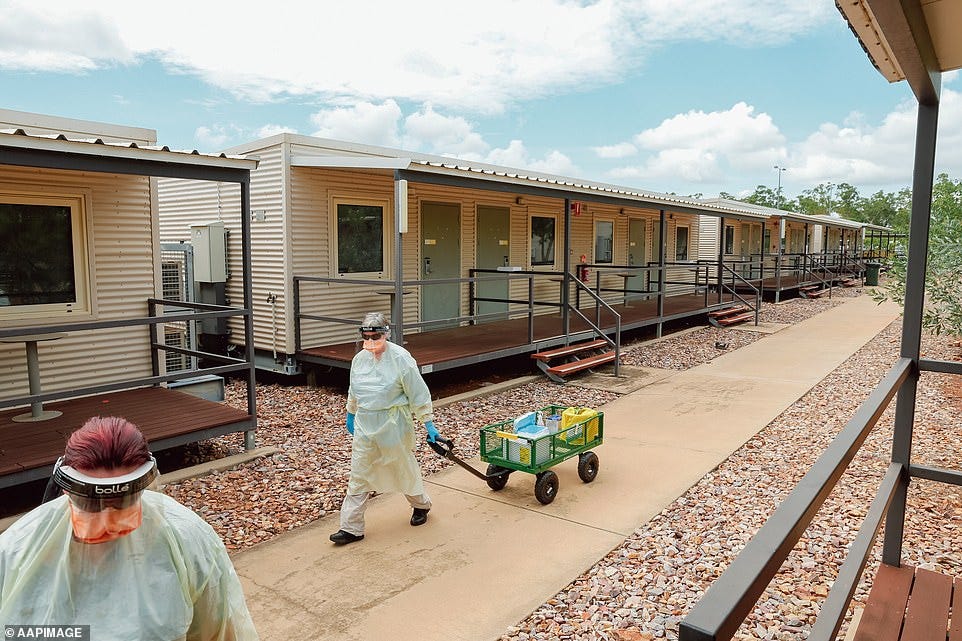




'Hero Dogs to the rescue! '
But also: 'Chinese murder their Covid-transmitting dogs!'
They tried to start a Pet Progrom in 2020, but it didn't take.
Those poor dogs all died of COVID from sniffing it all the time. RIP.